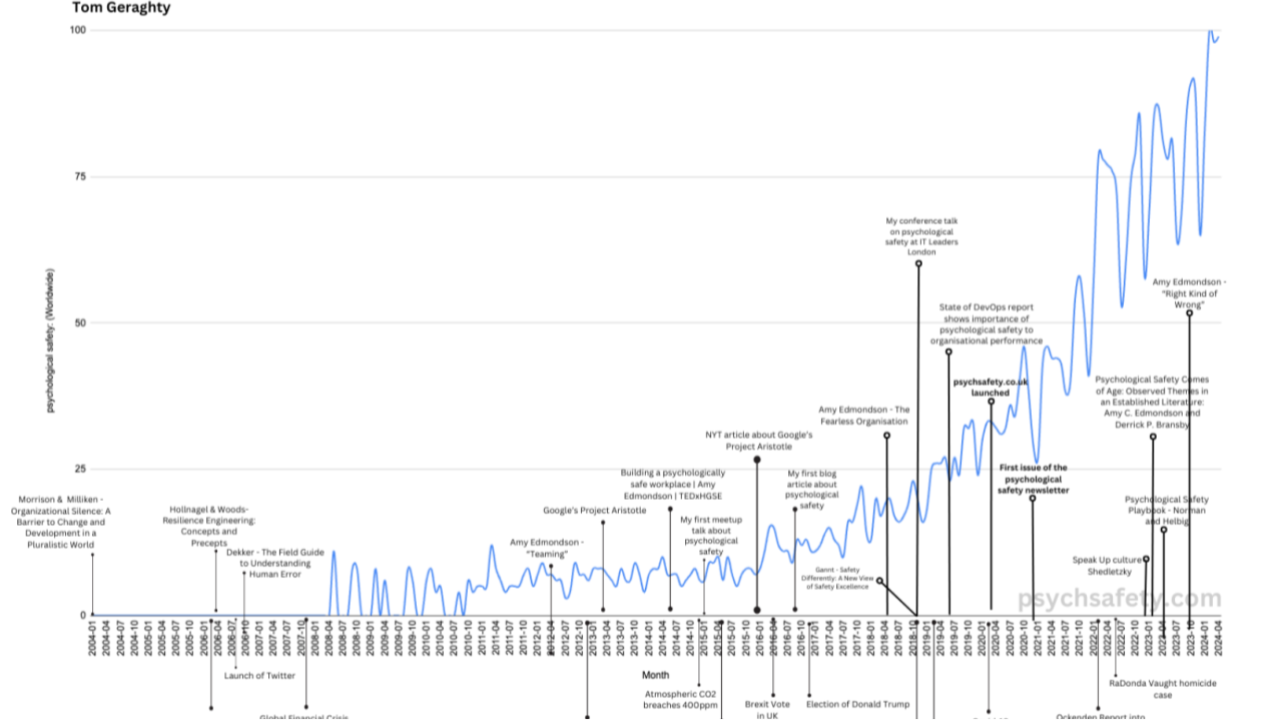What if You Could Turn Meetings into Momentum? Here’s Why Your Calendar Isn’t the Real Problem.

Lately, I’ve been working with teams and leaders who are starting to notice something’s off. Their calendars are packed, their days are full, but progress feels stuck.
Interestingly, the problems they’re facing fall into two very different, almost opposite, camps.
On one side, people feel overwhelmed.
“We’re in meetings all day,” they tell me, “but nothing really happens.”
They describe long, one-way sessions where they’re expected to listen but not contribute. The energy is low, the purpose unclear, and their calendars feel more like a burden than a tool.
On the other side, I hear the opposite:
“We don’t meet enough to align. It’s hard to collaborate.”
This group wishes for more space to connect, share ideas, and make decisions together. They’re not drained by too many meetings. They’re stuck because they don’t have the right ones.
What’s surprising is that, despite how different these complaints sound, they share the same root cause: confusion about the purpose of meetings and th...
The Dangers of Psychological Safety Programs: The Hidden Dangers of a Cut-and-Paste Approach in Global Companies

By Lisa DeWaard, Ph.D. and Pia Kähärä, first published on LinkedIn 11.3.2025.
There has been a recent rise in psychological safety initiatives in global corporations. The term “psychological safety” was first coined in 1954, but interest at the organizational level really took off in 1990 with the publication of William Kahn’s paper, “Psychological Conditions of Personal Engagement and Disengagement at Work,[1]” and with Amy Edmundson’s later work on “Teaming,”[2] which helps leaders foster psychological safety within their teams. Interest skyrocketed when Google published The Aristotle Project Results in 2012.[3] The purpose of work in psychological safety is to recognize that, even at work, we are human beings first and employees second, and that we should not have to hide the aspects of ourselves that are distinctly human. For the purposes of this article, we will use the model developed by Timothy R. Clark, which conceptualizes psychological safety’s role in innovation on teams:
...Belonging vs. Isolation: The Hidden Factor in Global Team Performance

A talented international team, diverse in thought, technical expertise, and supported by a strategic plan, should be an unstoppable force. Yet, many struggle with disengagement, miscommunication, and high turnover. The culprit? A lack of belonging.
Research shows that teams with a strong sense of belonging experience a 56% increase in job performance and a 50% reduction in turnover (Harvard Business Review, 2019). When people feel valued, respected, and included, they contribute more fully—and stay longer.
However, belonging is not a one-size-fits-all concept, especially in cross-cultural teams. What makes one person feel included might make another uncomfortable. To create an environment where everyone thrives, leaders must focus on three key areas: psychological safety, feedback mechanisms, and team rituals. These elements, when adapted to different cultural perspectives, build cohesion and drive performance.
1. Psychological Safety: The Foundation of Belonging
Coined by organisa...
The Challenge of Selling Across Cultures: Transforming Global Sales with Cultural Clusters

Leading an international sales team demands more than market knowledge or a strong product—it requires cultural agility.
The sales process might appear universal, but in practice, relying on a one-size-fits-all sales approach is a known recipe for failure. Every stage of the sales process can look different depending on the market or culture. Without understanding cultural nuances, even the best strategies can fail, and valuable opportunities may be lost.
For companies with many target countries, the challenge becomes even greater. Managing each country individually can quickly lead to fragmented and inefficient operations.
This brings us to the universal vs. local dilemma: balancing the need for localised strategies with the efficiency of broader resource management is no small task. Some organisations group countries regionally, but geographical proximity doesn’t always align with cultural similarities.
Sales teams risk missed targets if they fail to align cultural expectations,...
Supporting International Sales Teams: The Leadership Shift You Need

As a leader managing international sales teams, you may have encountered a recurring disconnect: regional or export sales managers often feel unsupported by headquarters (HQ) when navigating the unique dynamics of their markets. I’ve experienced this firsthand and have heard it echoed repeatedly by colleagues and contacts in international sales, underscoring a common leadership gap.
Too often, the advice coming from HQ is rooted in what works in your home market, without considering the cultural nuances elsewhere. Consider these examples:
- A regional sales manager requests an additional travel budget to meet a key local partner in person, explaining that face-to-face interaction is essential in their culture for sharing critical business information. HQ responds, “Just call your point of contact,” overlooking the fact that in some regions, personal interaction is crucial for building trust and gaining accurate insights.
- Or a locally operating sales team member proposes tailoring a ...
National Culture: Is It Still Relevant in Multicultural Environments and Global Teams?

In today’s globalised and interconnected world, it’s easy to question whether national culture still matters. With individuals increasingly shaped by multicultural experiences and global work environments, some argue that national culture is becoming less relevant. However, dismissing it entirely overlooks the profound ways it continues to influence identities, behaviours, and interactions in personal and professional settings.
Far from being a relic of the past, national culture remains a foundational framework that shapes how we perceive the world and navigate diverse environments. Understanding national culture provides critical insights for leaders managing international teams, professionals collaborating across cultures, and individuals reflecting on their place in a multicultural world. It interacts with other levels of culture—such as organisational, professional, and individual dimensions—offering a lens to foster inclusion, collaboration, and growth.
In this blog, we’ll expl...
From Culture Shock to Thriving: Navigating Life in a New Country with Confidence

Are you a newcomer to a different culture? Maybe you are a professional sent on an international assignment, a foreign jobseeker, an expat leading an international team, or a family member following a spouse abroad. Whatever your background, adapting to a new culture is a journey filled with excitement—and unique challenges.
No matter where you have travelled and lived before, the transition to living and working in a new country brings with it culture shock. It can be surprising and it impacts all of us to different degrees.
Since each person’s experience of culture shock is unique, developing self-awareness becomes a critical step in building adaptability and finding a sense of belonging in a foreign cultural environment.
A great place to start is to think about which of the distinct “stages of culture shock” might describe your situation best right now:
- Honeymoon Stage – The initial excitement. The new environment feels fresh and intriguing, with curiosity driving engagement...
Is Investing in Cultural Diversity Worth It In Business? What Leading Research Tells Us.

One important thing I’ve learned from examining numerous studies and my own experience working with teams and companies is this:
Cultural diversity is worth it and strategically necessary for companies working internationally or with diverse customer groups, entering new markets and those wanting to attract and retain talent.
So, if you've ever wondered whether companies discuss diversity or DEI just to tick a box on the corporate responsibility list or seem progressive, there is substantial data proving its real, tangible benefits.
To support better decision-making, I’ve compiled research from sources like McKinsey, Boston Consulting Group, Harvard Business Review, and others. Companies that want to succeed should pay attention to these findings.
Before exploring the studies, let’s clarify why cultural diversity is more than a checkbox—it’s a strategic asset that requires investing in an inclusive culture.
Diversity, especially cultural diversity, brings along challenges, but c...
Cultural Intelligence: The Foundation for International Business Success

In today’s fast-paced global economy, business isn’t just about numbers and strategies—it’s about people. And people come with a rich tapestry of cultural backgrounds, traditions, and expectations. Navigating this complex web isn’t just a skill; it’s a necessity. Enter Cultural Intelligence (CQ)—the secret ingredient that separates successful global leaders from the rest.
Critical Thinking in Action: Tools and Techniques for Better Problem-Solving in Diverse Teams

When you work in a multicultural team, cultural intelligence and awareness of common biases as well as reflecting on ones that might affect you personally are the foundation for effective problem-solving. Understanding and respecting each other’s cultural backgrounds helps everyone navigate complex issues with greater empathy and insight.
Teams that want to grow and succeed should embrace diversity of thought and use various critical thinking methods. This article will show important tools and techniques for improving problem-solving skills in diverse teams, with emphasis on the need for good communication and unbiased thinking.
Common biases that get in the way of critical thinking
Everyone has biases, even when we are conscious of them and strive to recognise their presence. Shared biases can be hard to spot and address, especially in groups of people from very similar backgrounds because they are like invisible lenses that have been shaped by shared experiences.
Make sure yo...

